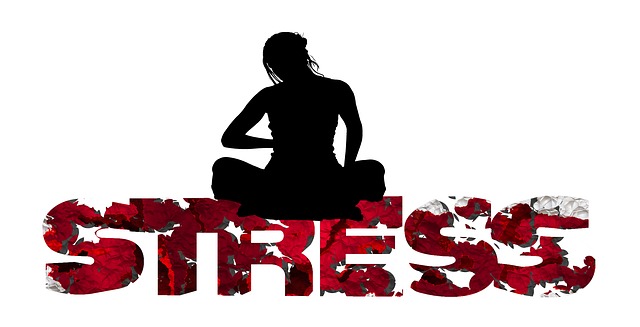Lecture (Level 4) – What will be the next big scientific breakthrough?

by Eric Haseltine
a technologist who has worked in senior-executive positions in both industry and government. He was the chief technology officer for the U.S. intelligence community.
First, preview the vocabulary below. Then do the exercise by first reading a single question and then listening for the answer. When you hear the answer, pause the video and answer the question. Then read the next question and do the same thing. If you get the answer wrong, then go back to where the answer is given and listen again.
Your Score:
Your Ranking:
Vocabulary:
passion: excitement
baby steps: slow progress (idiom)
leaps: fast progress
turns the world on its head: changes everything (idiom)
impact: ability to make big changes
thorough: completing the whole job
maternity clinic: a hospital that helps women in childbirth
sanitation: cleanliness that’s free of viruses and bacteria
autopsy: cut a body open to find the cause of death
reconstructed: recreated
morgue: a room where dead bodies are kept
corpse: dead body
it turned out: the result was (idiom)
sterilize: wash to kill all the viruses and bacteria
infectious disease: sickness that can pass from one person to another
vapors: gases
culprits: bad things that caused trouble
demolished: destroyed
opened out eyes: taught us (idiom)
violating: breaking (a law)
prestigious: well respected, famous
microscopes: devices that made tiny things big enough to see
lousy: bad
house husband: a man who stays home with his children
finer details: the smallest of things
crucial: most important
fluoresce: produce light when exposed to radiation
unprecedented: never done before
startling: surprising
clarity: clearness, visual sharpness
get a better handle on: understand better (idiom)
molecules: combinations of atoms
hijack: take control of
infect: make sick
replicate themselves: create others just like them
shattered: shown to be false
cherished beliefs: things we think are true
squirming: uncomfortable
immortal: unable to die, living forever
crackpot: a crazy person who thinks they are right
inevitable consequence: a result that must happen
metabolize: turn (food) into energy
free radicals: bad parts of food and air that cause cells to die
be on to something: have discovered something important (idiom)
mutates: changes
rejuvenate: make young again
extreme: very, very long
proportion: percentage
in obscurity: without anyone knowing, in private
rock our lives: change our lives fast and strongly








